
“Trafficking in persons must be recognized as an economic and financial crime which usually manifests in illegal trans-border trade, smuggling, and money laundering, thereby depriving nations of benefits of their human capital.” These were some of the remarks made by Nigerian President Olusegun Obasanjo in Abuja on 6-7 July 2006, whilst officially opening the joint ECOWAS/ECCAS Conference of Ministers to combat trafficking in persons. The President’s prepared speech was read on his behalf by the Minister of Integration.
 The President said going by the United States report published in 2004, about 600,000 to 800,000 persons worldwide are trafficked across the borders each year. “A recent report also indicates that there are at least 20 million bonded labourers in the world today,” he added.
The President said going by the United States report published in 2004, about 600,000 to 800,000 persons worldwide are trafficked across the borders each year. “A recent report also indicates that there are at least 20 million bonded labourers in the world today,” he added.
These statistics, he said, could be an understatement because it is difficult to know the exact number of persons involved since trafficking in persons is usually done underground, with no official statistics to back up the illicit trade.
President Obasanjo told the participants that the member countries of both ECOWAS and ECCAS are either the main sources or transit points of this illicit and immoral practice.
Accordingly, the governments of member states of these two sub-regions, and indeed all African leaders must therefore muster enough courage and the necessary political will to fight this monstrous crime to avoid being seen as willing accomplices, he said.
He concluded by calling on the ministers of both regions to adopt a common plan of action in the fight against trafficking in persons; to adopt common tools for the implementation of the plan of action; and to provide an effective linkage between both regions on human trafficking.
In her address on the occasion, Unicef Regional Director for West and Central Africa, Mrs Esther Guluma, told delegates that trafficking is a dynamic process, adding that the routes used can change quickly according to the political, economic and legal context.
She said no country today in West and Central Africa can claim not to be facing the problem of trafficking in persons, particularly that of women and children.
“If we want to successfully fight trafficking in persons, particularly women and children, we all have to work together under the guidance and coordination of the governments in both regions,” she noted.
The Unicef Regional Director said that at UNICEF they have reached the conclusion that only a holistic approach that includes all partners can successfully address the issue of exploitation of children.
“All together we can create and maintain the necessary environment for children to be protected against exploitation and abuse, including trafficking,” she pointed out.
In welcoming the delegates to the conference, the Nigerian Attorney General and Minister of Justice, Hon. Chief Bayo Ojo San, said it is unfortunate that after eight decades after the formal abolition of slavery and its similar practices by the League of Nations, developing countries are still ignorantly involved in this shameful and dastardly act.
Crime respects no national borders, which is the reason why nations must come together to jointly tackle the scourge, he said.
It is for these reasons, among others, he continued, that article 9(4) (5) of the United Nations’ Trafficking Protocol supplementing the transnational organized crime convention encourages state parties to adopt measures such as legislative, bilateral and multilateral agreements to combat trafficking in person in all its manifestation and ramification.
The Justice Minister said the challenges posed by human traffickers are to be taken seriously.
He said Nigeria is not only the first country to sign and ratify the Transnational Organised Crime Convention (TOC) and its supplementary protocols in 2000 when it was open for signatures, but it is also the first to domesticate the law, criminalize the conducts set forth in Article 3 of the Trafficking Protocol and to set up a specific multi dimensional juristic agency to enforce the law.
Dr Mohamed Ibn Chambas, the Executive Secretary of ECOWAS, in his speech, told the conference that human trafficking is a pervasive act, which is growing in West Africa.
Like many parts of the world, the West African region has witnessed a dramatic expansion in traffic in person in the last thirty years, Dr Chambas noted.
The conference unanimously signed the resolution on the fight against trafficking in persons.























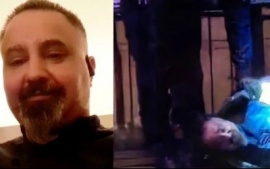
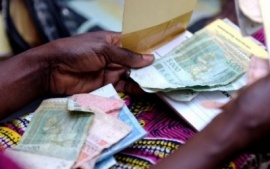
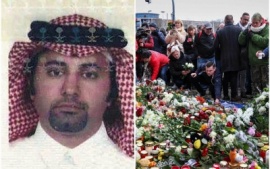


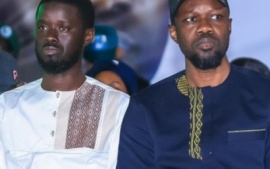
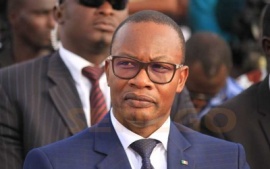
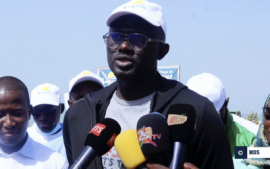

1 Commentaires
Allons Y Molo
En Octobre, 2010 (18:36 PM)Participer à la Discussion